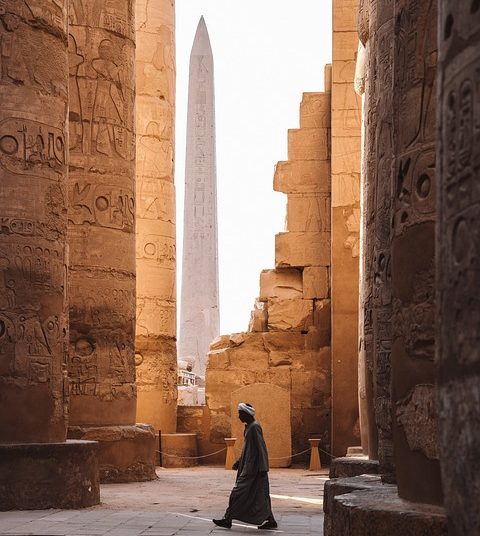The Glorious Empire: Exploring the Magnificence of Ancient Rome
Ancient Rome, the once mighty empire that ruled over vast territories and left a lasting impact on Western civilization, continues to fascinate historians, archaeologists, and enthusiasts alike. From its legendary leaders and monumental architecture to its intricate social structure and sophisticated culture, the Roman Empire stands as a testament to human ingenuity and ambition. In this article, we will delve into the splendor of ancient Rome, exploring its history, achievements, and enduring legacy.
The Rise of Rome
Founded in 753 BC according to legend, Rome began as a small city-state in central Italy. Over the centuries, it expanded its territory through conquest and diplomacy, eventually becoming the dominant power in the Mediterranean region. The Roman Republic, established in 509 BC, saw the rise of a complex political system based on a balance of power between the aristocracy, the Senate, and the common people.
Under the leadership of military geniuses such as Julius Caesar and Augustus, Rome underwent a period of rapid expansion and consolidation. By the 1st century BC, the Roman Empire had reached its peak, encompassing territories from Britain to Egypt and from Spain to Syria. The Pax Romana, or Roman Peace, ensured stability and prosperity throughout the empire, allowing for the flourishing of art, literature, and technology.
The Glory of Rome
One of the most enduring legacies of ancient Rome is its architecture. The Romans were master builders, constructing grand monuments such as the Colosseum, the Pantheon, and the Forum. These structures not only showcased the empire’s wealth and power but also served practical purposes, hosting public events, religious ceremonies, and governmental functions.
Another hallmark of Roman culture was its legal system. The Twelve Tables, a set of laws codified in 450 BC, laid the foundation for modern legal principles such as due process, presumption of innocence, and equality before the law. The Roman legal system also influenced the development of civil law in Europe and beyond, shaping the legal frameworks of many modern societies.
The Legacy of Rome
Despite its eventual decline and fall in the 5th century AD, the Roman Empire left a lasting legacy that continues to shape the modern world. Latin, the language of the Romans, evolved into the Romance languages spoken in Europe today, including Italian, French, Spanish, and Portuguese. Roman engineering techniques, such as aqueducts, roads, and bridges, laid the groundwork for modern infrastructure projects.
Moreover, Roman law and government systems provided the blueprint for many modern institutions, including representative democracy, separation of powers, and the rule of law. The Roman Catholic Church, established in the 4th century AD, became a powerful institution that influenced European politics, culture, and religion for centuries to come.
Exploring Ancient Rome Today
Today, visitors to Rome can explore the remnants of the ancient city and marvel at its iconic landmarks. The Colosseum, a massive amphitheater where gladiators once fought to the death, remains a symbol of Roman engineering prowess. The Pantheon, a temple dedicated to the Roman gods, showcases the empire’s architectural innovation with its dome-shaped roof and oculus.
The Roman Forum, once the political and social hub of the city, offers a glimpse into daily life in ancient Rome with its temples, government buildings, and public squares. The Vatican City, home to the Pope and the Sistine Chapel, stands as a testament to the enduring influence of Roman Catholicism on Western culture.
Conclusion
Ancient Rome, with its grandeur and complexity, continues to captivate the imagination of people around the world. From its rise to power and cultural achievements to its lasting impact on modern society, the Roman Empire remains a source of inspiration and fascination. By exploring the magnificence of ancient Rome, we can gain a deeper understanding of our own history and heritage.
Whether you are a history buff, a traveler seeking to explore ancient ruins, or simply curious about the legacy of one of the greatest empires in human history, Rome offers a wealth of experiences and insights. So pack your bags, book your tickets, and embark on a journey to discover the glorious empire of ancient Rome.












